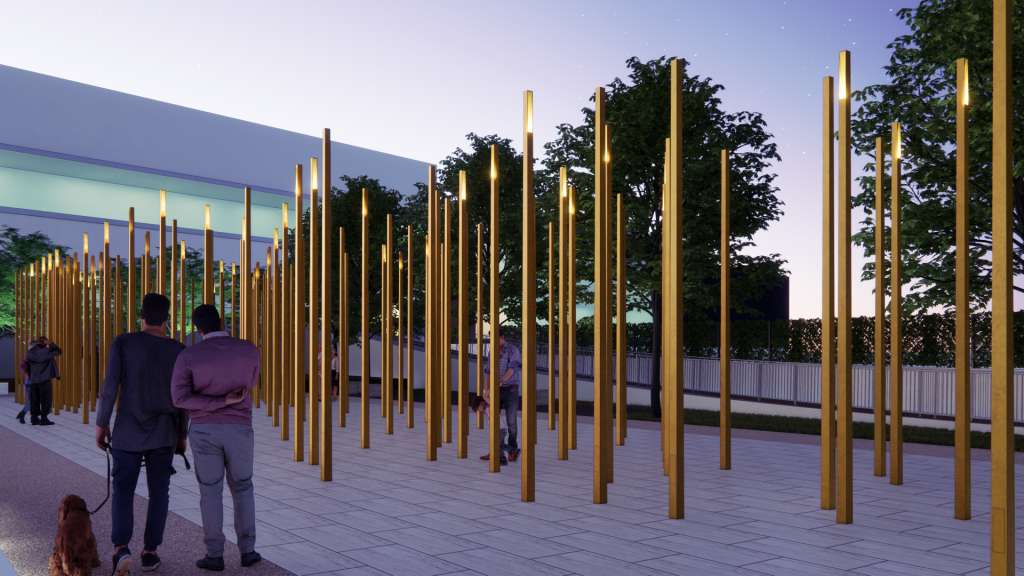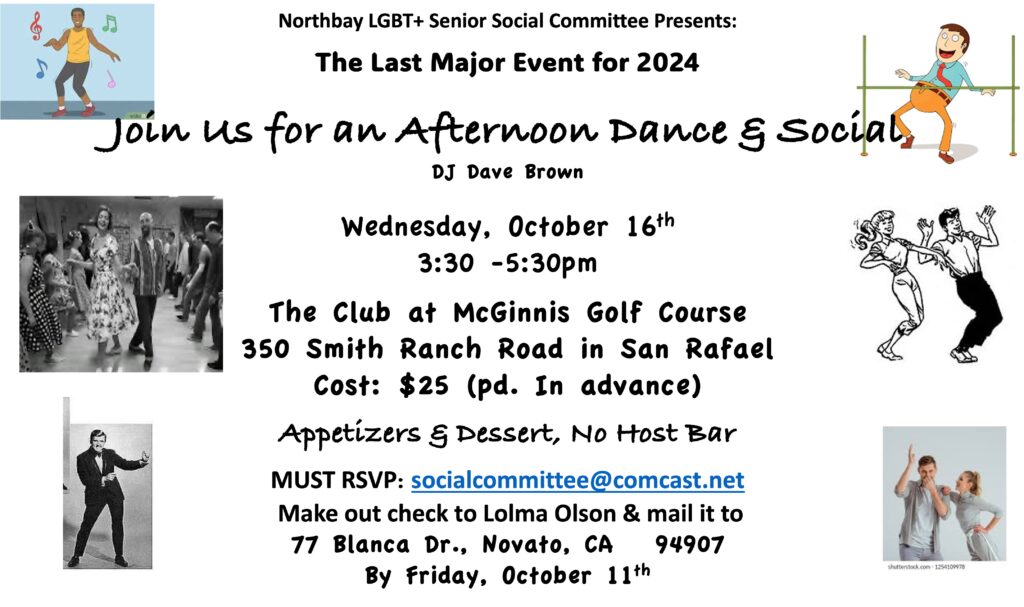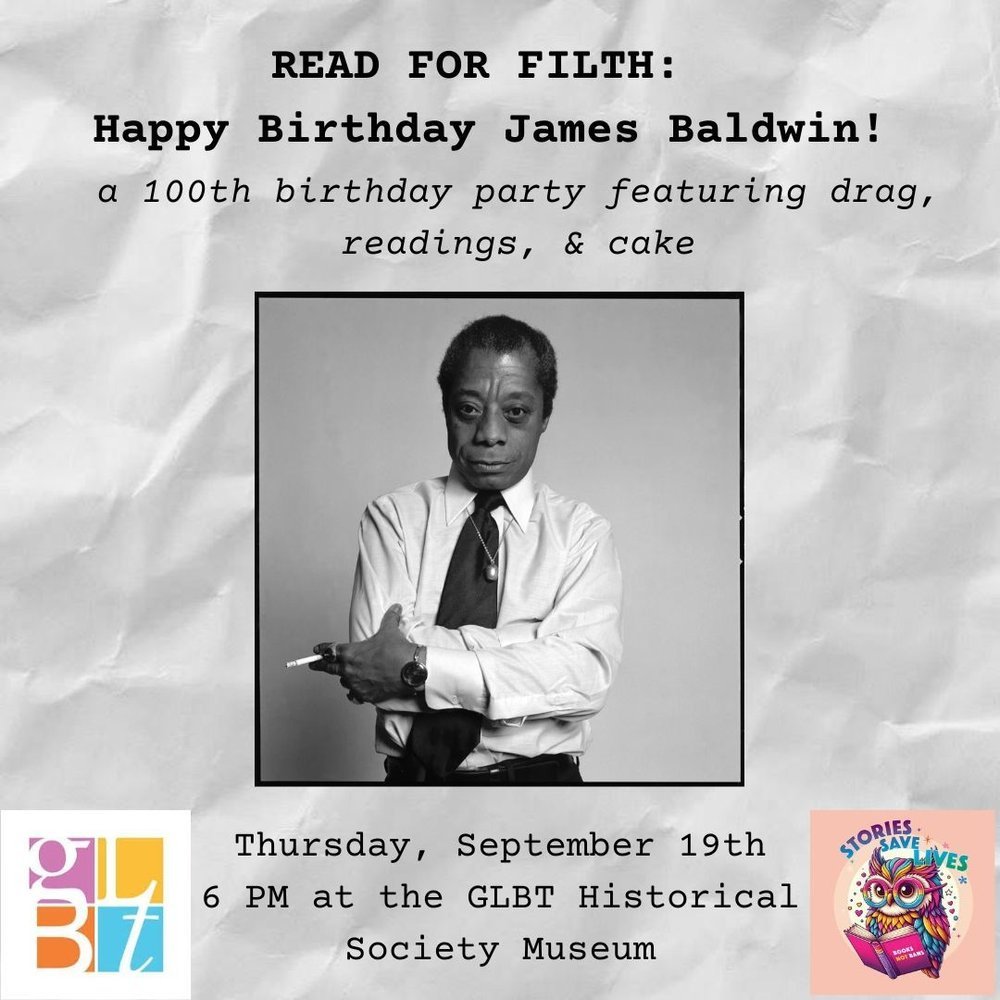A 17-year-old gay student at Ruben S. Ayala High School in Chino Hills, Calif., was injured after being assaulted by another student, the culmination of what the student and his mother say is a year-long battle against bullying, discrimination, and administrative inaction. The senior, whom The Advocate is not identifying to protect his privacy, suffered back injuries after being physically attacked on September 6, while cleaning up his Gender and Sexuality Alliance club’s table during a school event.
The student’s mother, Veronica Garcia, tells The Advocate that she has been advocating for her son’s safety for over a year, filing complaints with the school and district and initiating a Title IX complaint with the U.S. Department of Education’s Office for Civil Rights. Despite these efforts, she says her son has faced consistent bullying from students and discriminatory treatment from school staff, including an incident where a band director singled him out over rumors of his romantic interest in another male student.
The assault
As president of the school’s GSA, the student set up a table for “club rush,” an event meant to encourage students to join extracurricular activities, the student tells The Advocate. He and his fellow GSA officers were subjected to derogatory remarks throughout the event. While cleaning up, a male student flipped the GSA’s table, causing the GSA president to fall backward and hit his back against a concrete planter, he says.
“The whole thing happened so fast,” the student says. “One moment, I was packing up and the next I was on the ground. My back hit the planter hard, and I couldn’t believe someone would actually do that.”
He says that the school’s surveillance footage captured the incident, as it happened in front of a security camera. Garcia says that while school officials have told his family that the student responsible for the attack was suspended, Garcia and her son have received little confirmation of what consequences the assailant faced. “They won’t tell us what really happened to him,” Garcia says. “It’s been the same story for the past year — no transparency, no accountability.”
Following the assault, the student was taken to urgent care, where doctors diagnosed him with a back strain. He has been unable to participate in his track and field team’s practices or weight training sessions due to the injury.
“Now I’m missing time because of this,” the student says. “It’s just not right. I didn’t deserve this.”
The San Bernardino County Sheriff’s Department confirmed that it is investigating the assault. “I can confirm deputies in Chino Hills are investigating an incident at the school involving a student who was reportedly assaulted by another student,” Gloria Huerta, a public information officer with the department, wrote in a statement to The Advocate. “The investigation is ongoing, and as soon as we can, we will release additional information.”
Huerta directed inquiries to the school for details on any disciplinary actions.
A year of struggle
The student’s ordeal began during his junior year when he became more comfortable expressing his identity as a gay teenager. This led to increased bullying, Garcia says. Students in the school’s marching band began targeting him with homophobic slurs and spreading rumors about his personal life, she says. One student in particular harassed him regularly, and the gay youth’s repeated reports to the band director were ignored, according to him and his mother. The bullying escalated to the point where he felt compelled to leave the band, a program he loved and had dedicated years to.
The student recalls being summoned to the band director’s office to address rumors that he was romantically involved with another male student. “I told them it wasn’t true,” he says. “I wasn’t dating anyone in the band, but it felt like they didn’t care. It was like I had to defend myself just because I’m gay, while other students who were straight didn’t have to deal with this kind of treatment.”
“He was told that dating was prohibited in the band,” Garcia adds, “even though other students — heterosexual students — were dating each other openly.” This led to a Title IX complaint, which was filed in 2023, alleging that the band director’s actions were discriminatory and that the school failed to protect the student from harassment based on his sexual orientation.
Title IX is a federal civil rights law that prohibits discrimination based on sex in any education program or activity that receives federal funding. Title IX is often associated with ensuring gender equity in sports, but its protections extend beyond athletics. It requires schools to address issues of sexual harassment, gender-based discrimination, and any form of discrimination based on gender identity or sexual orientation. Under Title IX, schools are required to promptly investigate harassment complaints and take steps to prevent further harassment and protect students from retaliation.
Garcia says that last fall, the U.S. Department of Education’s Office for Civil Rights confirmed that the allegations were substantiated, but to Garcia’s frustration, the band director remains employed at the school. “[The school administrators] claim they took appropriate action, but nothing changed for my son,” she says.
The Advocate reached out to a Department of Education spokesperson to ask for clarification on the case’s disposition but did not receive a response.
A dangerous school climate
Garcia says the situation at Ruben S. Ayala High School is symptomatic of a larger issue within the Chino Valley Unified School District, where recent policies and rhetoric have contributed to a hostile environment for LGBTQ+ students. Sonja Shaw, president of the Chino Valley Unified School District Board of Education, is central to this shift. Shaw has made headlines for her vocal opposition to LGBTQ+ rights, pushing for policies that limit discussions of gender identity and sexual orientation in schools. Under her leadership, the board adopted a controversial policy requiring schools to notify parents if a student identifies as transgender, which critics have called dangerous forced outing.
Garcia believes this broader context has played a role in the school’s failure to protect her son. “The school district is pushing this anti-LGBTQ+ agenda, and that’s trickling down to the school. My son’s safety doesn’t seem to be a priority for them,” Garcia says.
The student echoes these concerns, telling The Advocate, “Sonja Shaw and people like her are making it harder for us to be ourselves at school. They say they want to protect kids, but what they’re doing is making school more dangerous for LGBTQ+ students like me. It feels like they don’t care about us, and that’s scary.”
He adds that LGBTQ+ students at Ayala High School are constantly on edge. “They took down the safe space signs from classrooms because of the school board’s decision. Now we don’t even know who we can turn to,” he says. “It’s like they’re telling us we’re not welcome.”
Shaw, however, denies that the district’s policies have contributed to any unsafe conditions for LGBTQ+ students. In a statement to The Advocate, she said, “I categorically reject the assertion that our district’s policies have created an unsafe environment for students. As school board president, I have always advocated for transparency, parental rights, and student safety. Every single student, regardless of their identity, deserves to feel safe and supported in our schools, and I stand by that wholeheartedly.”
Shaw added that the district is committed to enforcing its policies against bullying and discrimination. “Safety is paramount, and bullying of any kind is absolutely unacceptable. The district has clear policies against bullying and discrimination, and we are actively working to ensure these policies are fully enforced,” she said. Shaw also emphasized that the district strives to create an environment where all students can thrive, writing, “If there are specific instances where this has not been the case, they will be investigated and addressed.”
A national crisis for LGBTQ+ students
The attack on this student is far from an isolated incident. Data from GLSEN’s2021 National School Climate Survey reveals that LGBTQ+ students across the country regularly face hostile environments. According to the survey, more than 83 percent of LGBTQ+ students reported experiencing harassment or assault at school based on personal characteristics, such as sexual orientation or gender identity. Among LGBTQ+ students, 61 percent reported being verbally harassed because of their sexual orientation, and 31 percent reported being physically harassed.
Students who experience higher levels of harassment or assault are more likely to miss school, perform poorly academically, and suffer from lower self-esteem and higher rates of depression.
A violated no-contact order
One of the most alarming developments in the student’s experience was when the school placed a bully with whom he had a no-contact order in the same class. The student had endured harassment from this individual for some time, and the no-contact order was supposed to ensure his safety, the student tells The Advocate. However, at the start of the 2024 school year, the student learned that the bully had been placed in his English class, directly violating the terms of the order.
“The vice principal didn’t even tell me,” the student says. “It was my teacher who got the email about the no-contact order and felt she had to tell me. She knew it was wrong.”
The teacher, he says, was uncomfortable with the situation, so she ensured that the two students were separated in class and apologized to the student for the administration’s failure to protect him. “She apologized and told me she would do everything she could to make sure I didn’t have to interact with him, but it never should have happened in the first place,” he says.
After raising the issue with the administration, the student’s schedule was eventually changed, but only after both he and his mother escalated their concerns. “If I hadn’t said anything, he would still be in my class,” the student says.
A cry for help
Garcia has repeatedly expressed frustration with the school administration’s response or lack thereof. In an email to the principal, she voiced her concerns over the unsafe environment for LGBTQ+ students at Ayala High School, referencing not just her son’s experience but that of other students as well.
“I’ve reached out to the school, the district, and anyone who will listen,” she says. “But it feels like they’re just brushing it aside.” In a message to Garcia sent shortly after the assault, principal Diana Yarboi thanked her for reporting the incident but offered little in the way of concrete solutions, only suggesting counseling services for her son.
Yarboi did not respond to The Advocate’s request for comment.
Drawing strength despite challenges
Despite his troubles over the past year, the student remains remarkably strong and confident in his identity. “I’ve learned not to let the comments get to me,” he tells The Advocate. “If I let every hateful thing someone said to me affect me, I wouldn’t be able to do the things I love.”
He credits his mother and family for teaching him resilience. “My mom always tells me not to cry about everything or let the little things weigh me down. I know I’ll never be treated exactly the same as everyone else, but that doesn’t mean I can’t wake up every day and choose to be happy,” he says.
His role as the president of the GSA has also given him a sense of purpose. “I know other kids at my school look up to me, especially those who aren’t ready to be as open about who they are. I feel like I have to be strong for them, to show them it’s possible to be yourself even when it feels like the world is against you.”

.png) You can also tag Governor Newsom on social media and ask him to sign:
You can also tag Governor Newsom on social media and ask him to sign:




